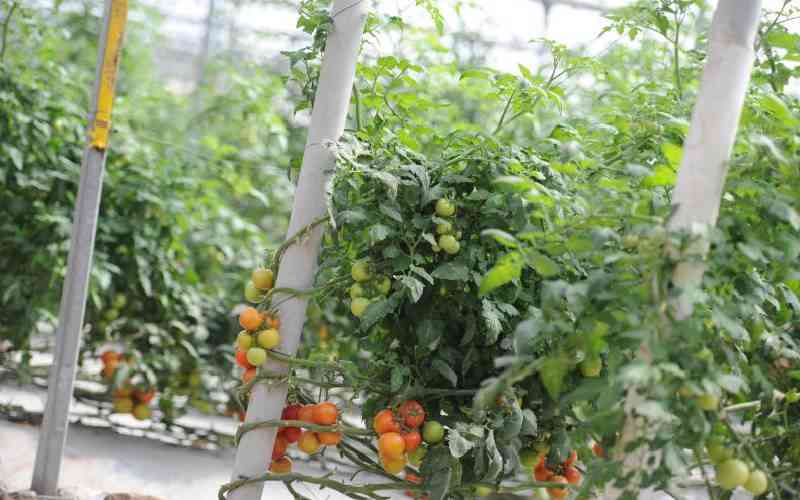×
The Standard e-Paper
Kenya’s Boldest Voice

The first ever Europena Union (EU)-Kenya Business Forum takes place in Nairobi this month providing an exceptional opportunity to boost European trade and investment in Kenya, especially in the agriculture and agro-processing sectors.
Agriculture is the backbone of the Kenyan economy, accounting for around a quarter of Kenya's total GDP and 60 per cent of its export earnings from trade in agricultural goods. Not only does agriculture dominate Kenya's economy, it is an important part of the country's rich culture.